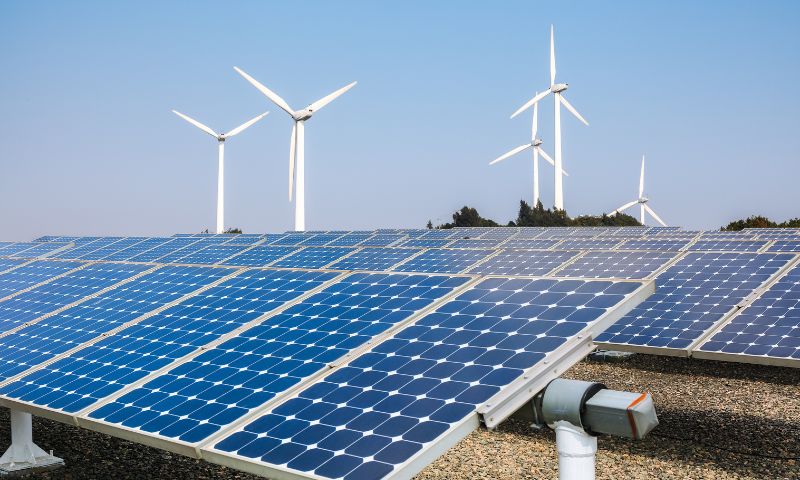RIYADH: The International Energy Agency (IEA) has projected that global investment in clean energy will surpass $1.7 trillion in 2023, reflecting the increasing efforts to address climate change worldwide. According to the IEA’s latest report, the global energy sector is anticipated to witness a total investment of around $2.8 trillion this year, with 60.7 percent allocated to clean technologies.
As concerns over security and affordability resulting from the global energy crisis intensify, investments in clean energy technologies are expected to outpace spending on fossil fuels, as stated in the report. The category of green energy encompasses renewables, electric vehicles, nuclear power, low-emission fuels, efficiency enhancements, and heat pumps.
The report highlights that the remaining global energy investments, slightly exceeding $1 trillion, will be directed towards coal, gas, and oil. IEA Executive Director Fatih Birol emphasized the accelerating pace of clean energy, stating, “Clean energy is moving fast — faster than many people realize.
This is clear in the investment trends, where clean technologies are pulling away from fossil fuels.” He further added that for every dollar invested in fossil fuels, approximately $1.7 is now being allocated to clean energy, compared to a one-to-one ratio five years ago.
Annual Investments in Clean Energy to Increase
In 2023, the report predicts that spending on solar power will reach over $1 billion per day or $382 billion for the year, while investment in oil production will amount to $371 billion. Annual investments in clean energy from 2021 to 2023 are projected to increase by 24 percent, driven by renewables and electric cars, in contrast to a 15 percent rise in investments in fossil fuels during the same period.
The report cautions that more than 90 percent of this investment growth is concentrated in developed nations and China, posing a significant risk of creating energy disparities if the transition to renewable energy is not accelerated elsewhere.
The IEA attributes the surge in clean energy investments in recent years to rapid economic expansion, volatile fossil fuel prices that raised concerns about energy security, particularly following the Ukraine crisis, and substantial policy support from various regions such as Europe, Japan, China, and the US through initiatives like the Inflation Reduction Act.























